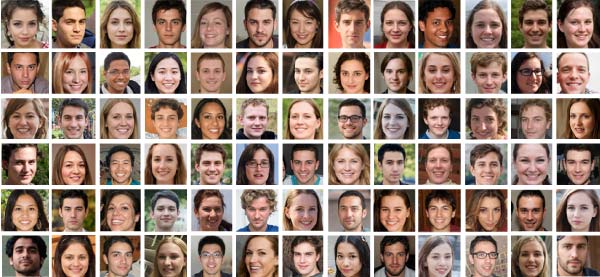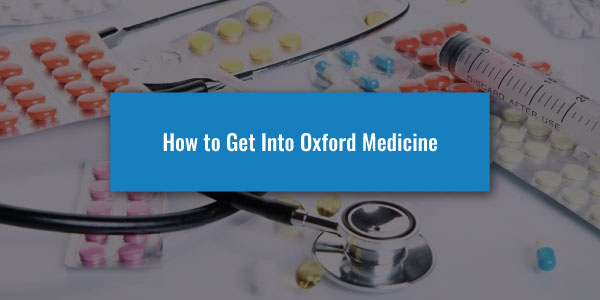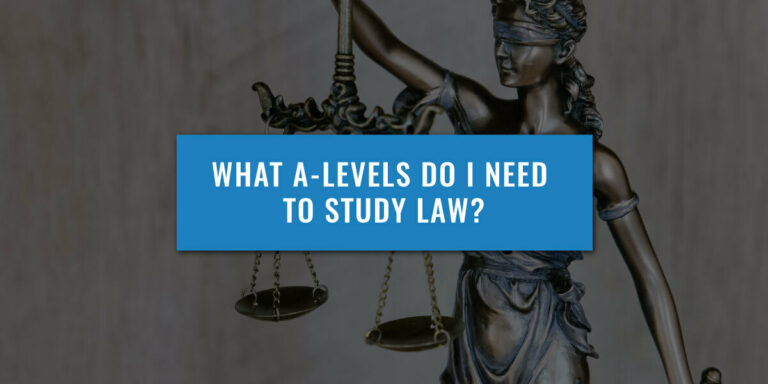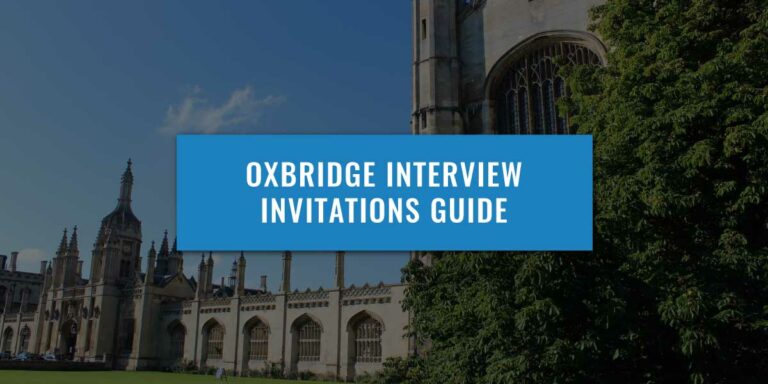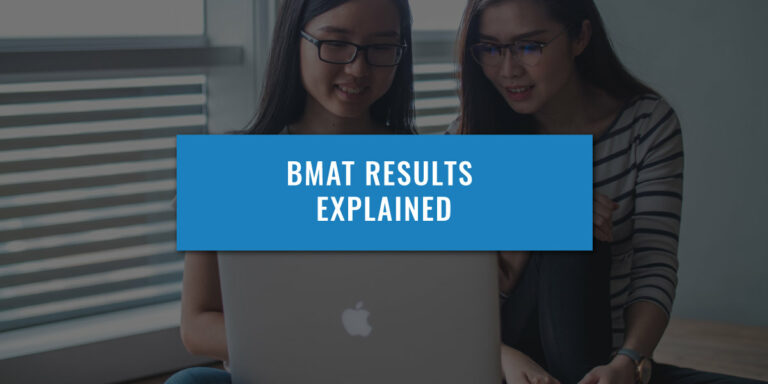What are the Medicine GCSE Entry Requirements for Med School?
Are you considering a career in medicine? If you are, you are probably way ahead than most people when it comes to knowing what you want to do. However, it is worth making sure you meet the medicine GCSE entry requirements to ensure you can even begin considering applying to med school.
We know what you’re thinking, GCSEs may seem like a long way away from a medical degree. In fact, they are several years before University! But if you have your heart set on studying medicine, GCSEs are the starting point in a successful application later down the line.

What are the official medicine GCSE entry requirements?
Each university has its own specific medicine GCSE entry requirements. Most ask for at least 5 A*’s or A GCSE’s although this is entirely variable. Oxford, for example, has no specific GCSE requirements, but state that most successful applicants will have largely A*s and As at GCSE.
Some universities are more specific and require minimum grades in certain subjects. For detailed information on this, you can either call the admissions teams of the universities you are interested in, or you can look up tables of Medical School GCSE requirements online.
What specific subjects do I need?
All medical schools require GCSEs in English, Sciences, and Maths. Almost all of them require at least a B in these subjects. Again, this varies from university to university, but as an underlying rule, this is a good baseline.
Within this, many universities ask for specific marks within the Sciences, so it is very wise to look up the requirements of each of your potential choices.
Some universities even have differing policies on the point value of the different grades. For example, a C at University College London counts as 5 points, while most other universities count it as a 4! This could well make the difference in point-based universities that require a minimum total point score from GCSEs! So you should look out for these.
So how important are my medicine GCSEs to my whole to my application?
Competition for places at medical school is fierce, and so anything that makes you stand out academically will give you an edge. Amongst a large group of people applying with strong A-level results, a spread of A*s and A’s in your GCSEs may make the crucial distinction between you and the rest.
More importantly, though, the majority of you applying will not have you’re a-level results yet, and your applications will be considered based on your predicted grades. These are heavily based on your GCSE results.
Before you get too worried about your grades, the good news is that every university selects its candidates based on different requirements.
Some like Exeter put a heavy emphasis on academic performance and will take your GCSEs pretty seriously. However, there are others that rely far more on other aspects, such as the quality of your personal statement, your aptitude test score from the UKCAT or BMAT exam, or your skill at interview.
This means if your GCSEs aren’t the best, but meet the minimum medicine GCSE entry requirements of most universities, then there will definitely be options that are better suited to you. GCSEs don’t have to be the be all and end all.

So what should I do?
At the end of the day, don’t let your GCSE results deter you too much. If you haven’t sat the exams yet, then put all the effort into them that you can. It’s clear that these results will definitely help you in the future no matter what you choose. If that time has passed, however, and you are worried that they aren’t good enough, just try anyway. Successful applicants exhibit a wide range of GCSE results, from perfect to not so perfect, After all, what have you got to lose by trying?
Are You Thinking of Applying to Oxbridge for Medicine?
If you’ve set your sights on Oxbridge for your medical course, don’t be a stranger to UniAdmissions. We know that there is a tough admissions process ahead of you, but you don’t have to face it alone.
With an Oxbridge medicine programme, we can help with all aspects of your application. Run by experts in the field of medicine, you will have access to world-class medical facts and the ultimate skills and techniques to make your application a success.
Check out the full programme offers online or get in touch with us.
What A-level Grades do Cambridge Accept?
If you’ve completed your GCSEs, received amazing results, and want to look at studying medicine at Cambridge, the next step is to look towards the A-levels.
Just like the GCSEs, A-levels are an important aspect of your medical application. You A-level results could mean the difference of being accepted into Cambridge or not.
Learn how A-level results play their part in your medical application and what grades you need to ensure you are considered a place at the University.

